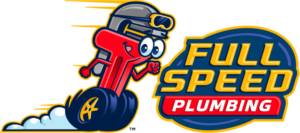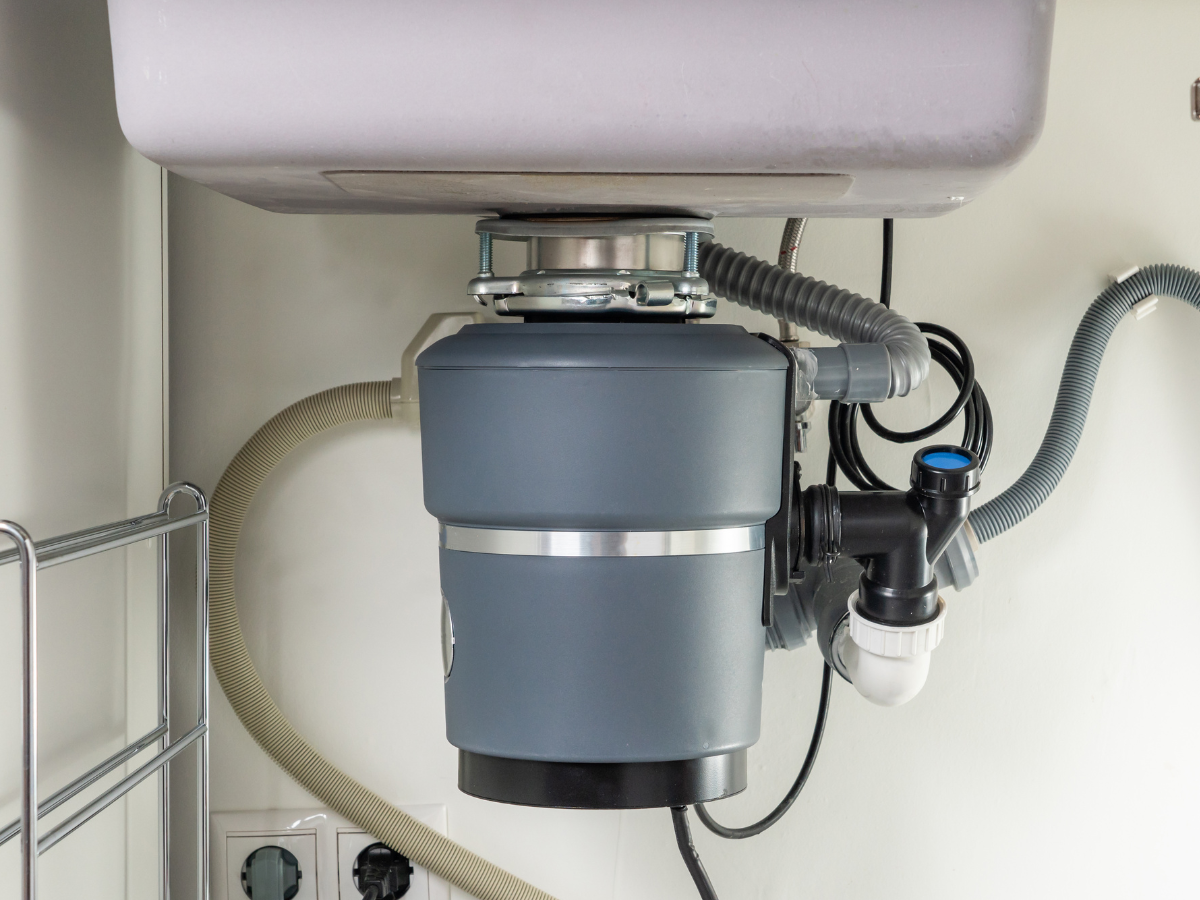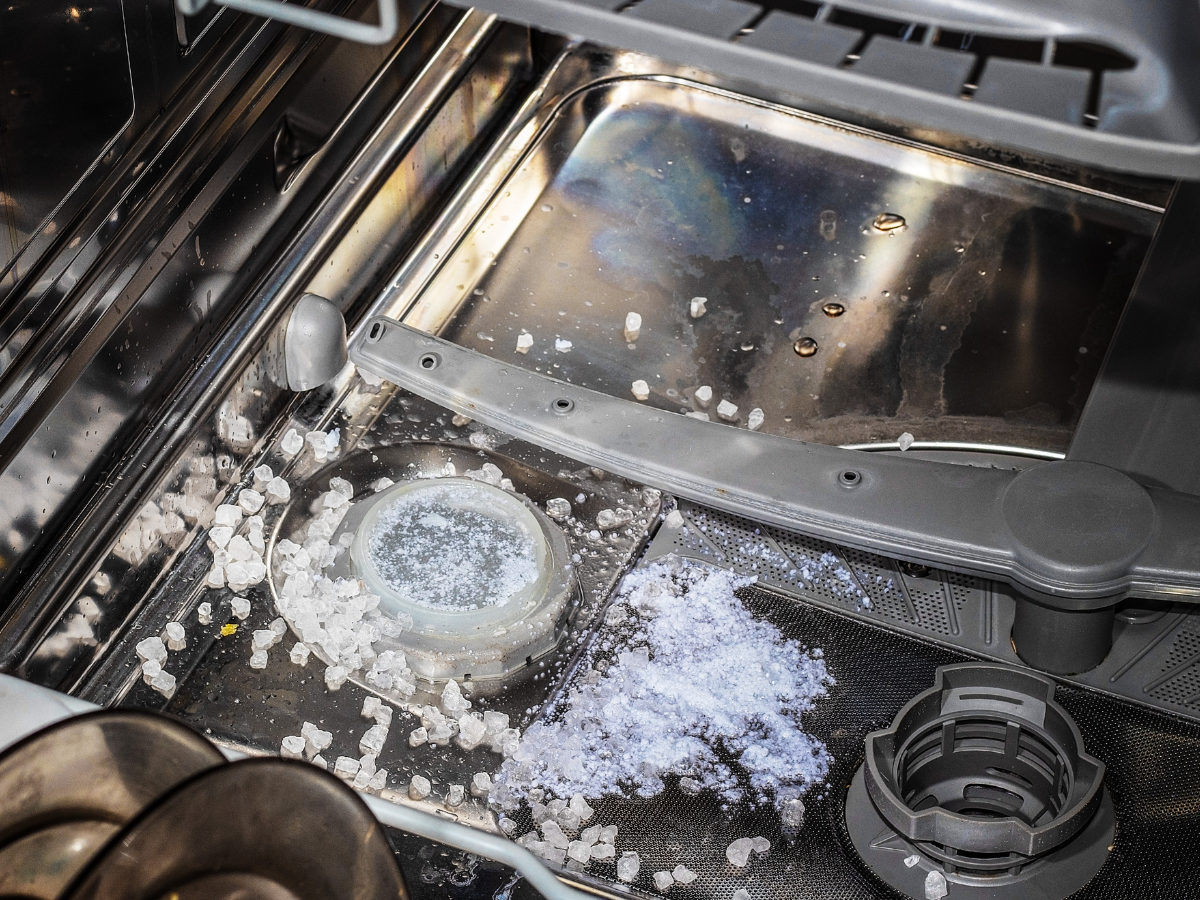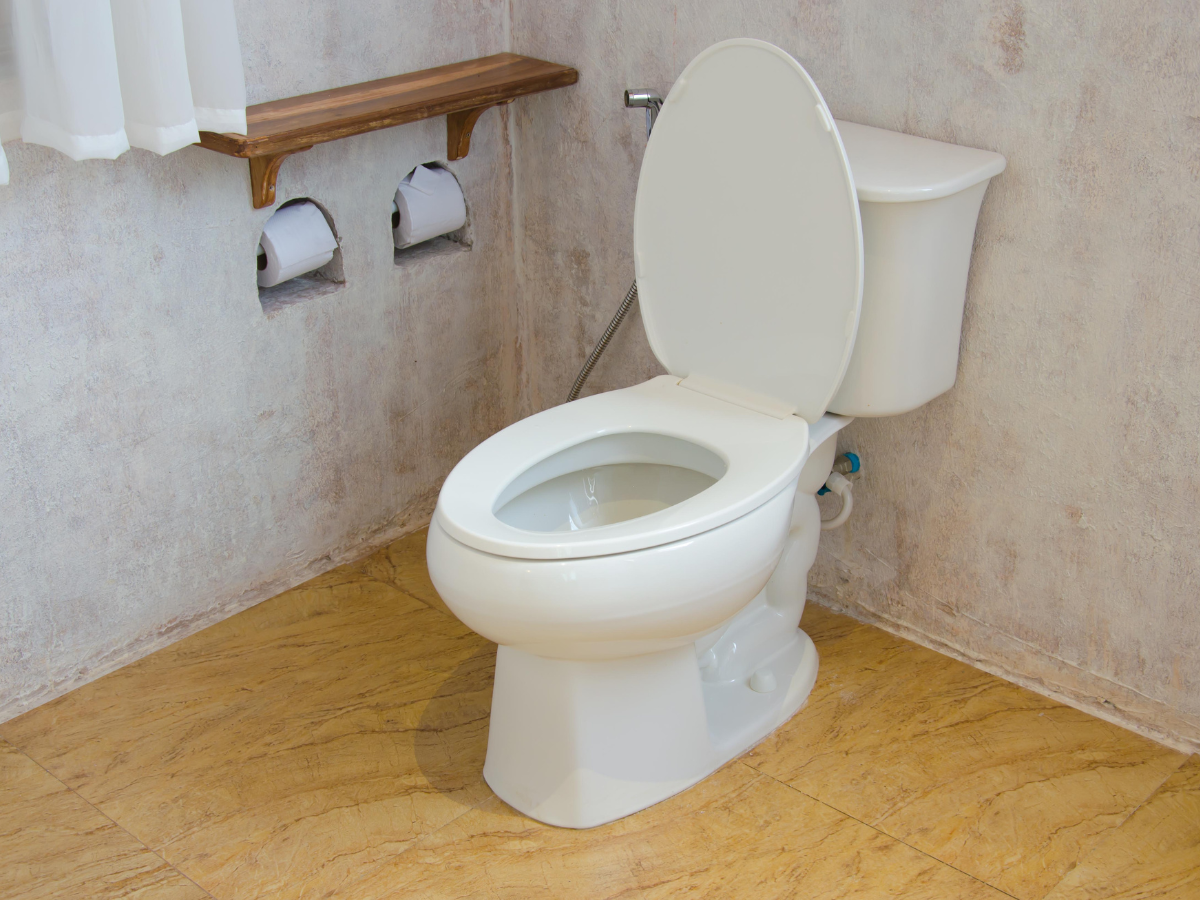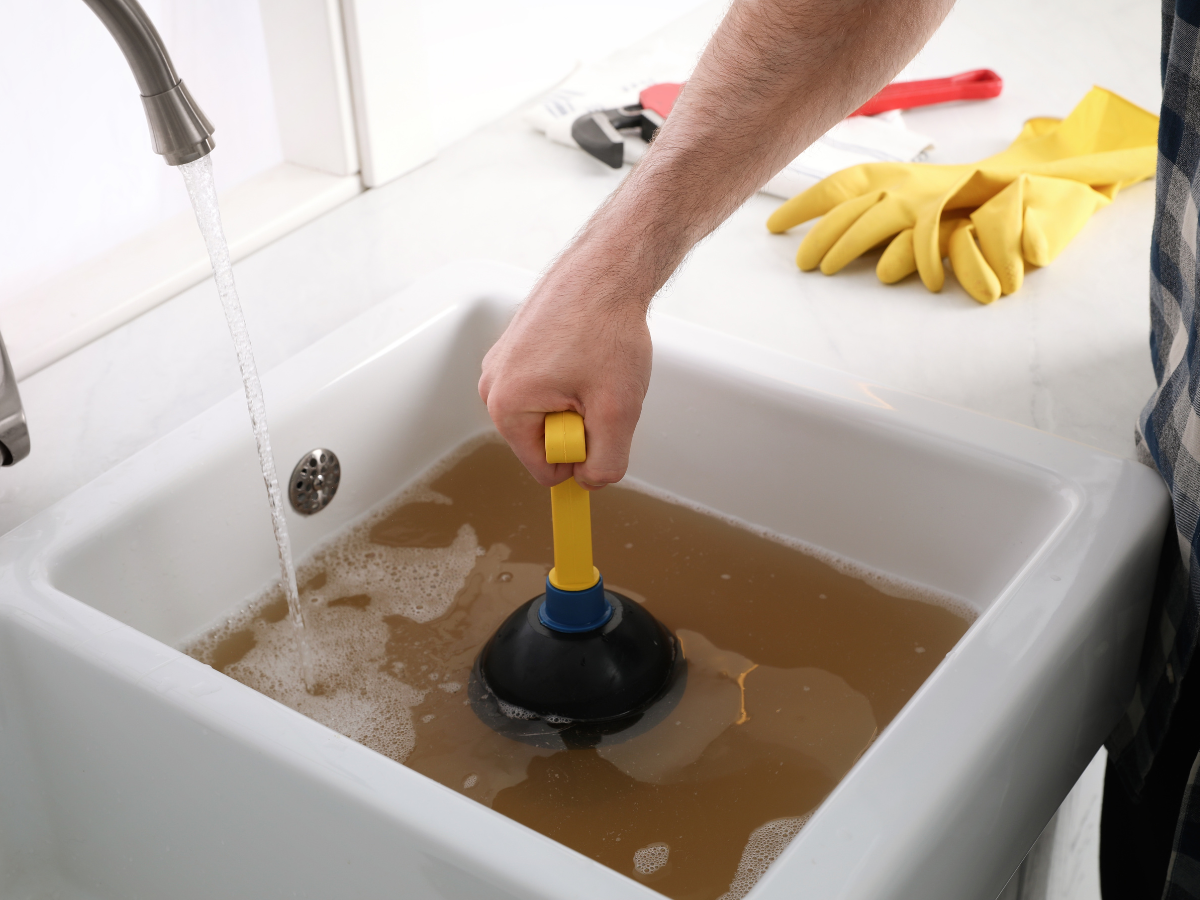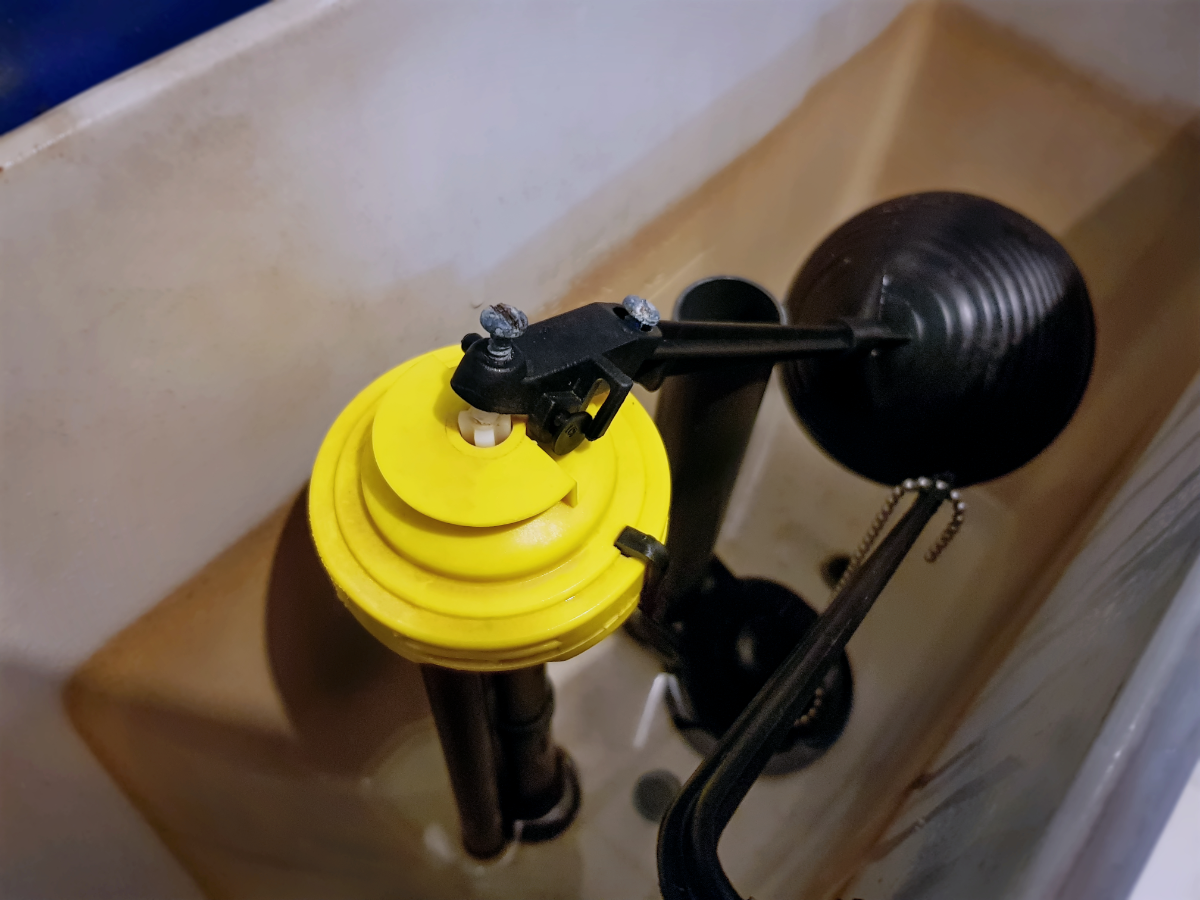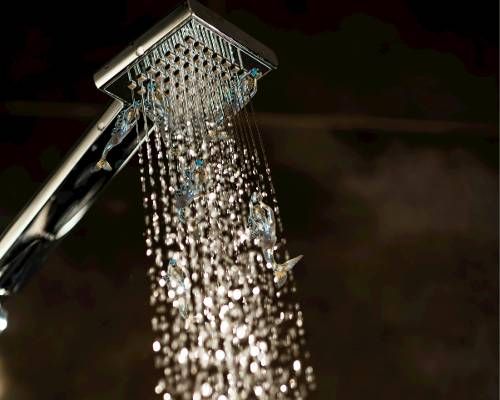Why Does My Toilet Keep Clogging?
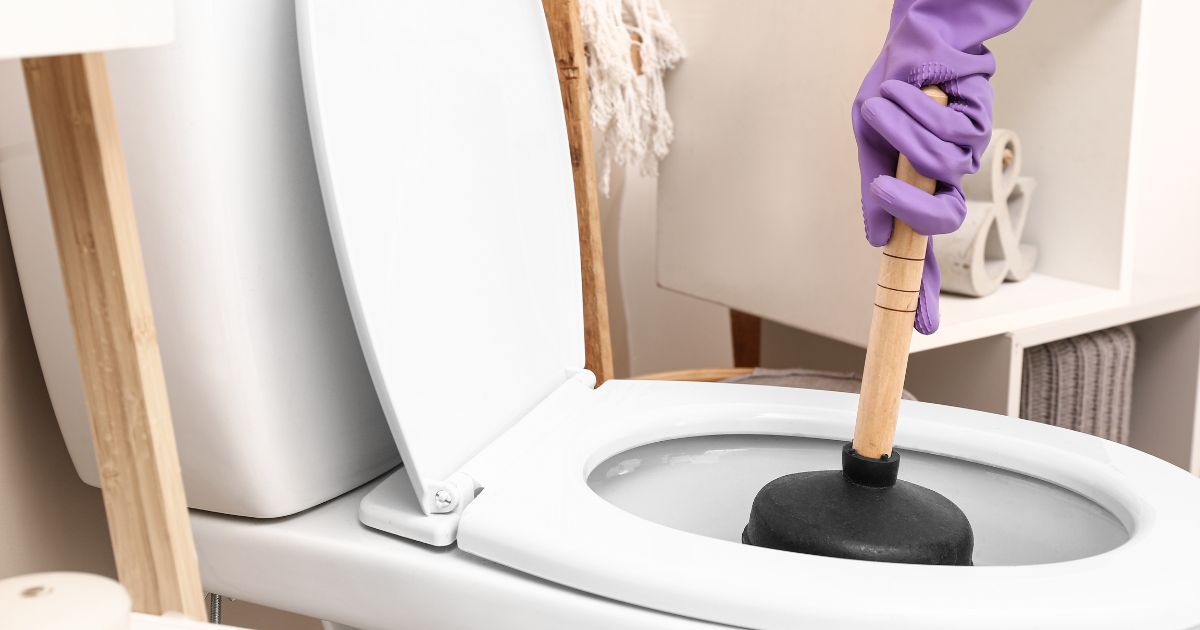
Toilets are some of the most important fixtures found within a home, as they handle waste products and keep you and your beloved family healthy. While toilets can process large quantities of both solid and liquid waste, they sometimes clog. Toilet clogs can occur for any number of reasons, yet they’re always very frustrating to deal with, and so many homeowners ask, “Why does my toilet keep clogging?”
We find that toilet clogs are some of the most common causes of plumbing repair in Skagit County and that they happen for many different reasons. In this guide, we’ll explain how toilets work, why they suffer from clogs, and the critical importance of working with professional experts to fix clogged toilets.
How Do Toilets Work?
Before identifying why toilets clog, it’s best to understand how toilets operate. These systems are more complicated than many assume. Toilets rely on many pieces, such as a bowl, toilet trap, piping, and more.
Pressing your toilet’s handle activates the flushing mechanism and sends water rushing into the bowl, expelling waste into the toilet trap and beyond, all the way into your home’s piping. Most clogs occur in either the toilet trap or the pipes.
5 Reasons Why Toilets Clog
Toilets of all shapes, sizes, and brands are at risk of clogging. However, if you take proper care of your toilet and perform regular maintenance, you may be able to avoid more serious complications that would otherwise cause immense stress. It’s best to search for plumbing repair in Mount Vernon, as our trained professionals can fix any clog. Below are five common reasons why toilets clog:
- Toilet Trap Clog
- Flushing Non-Flushable Products
- Too Much Toilet Paper
- Older, Low Flow Toilets
- Pipe Problems
Toilet Trap Clog
As stated, one of the most vital components of a toilet is the toilet trap. This S-shaped passageway functions to stop solid items from traveling deeper into your plumbing system before they damage your home’s pipes. It does its job well but can become clogged at a moment’s notice.
There are excellent DIY methods you can use to fix a toilet trap clog. Use a toilet plunger to dislodge any material within the trap, or if that doesn’t work, consider purchasing a toilet auger. However, some tough clogs might require professional plumbing assistance; the experts have the equipment and know-how needed to tackle even the toughest toilet trap clogs.
Flushing Non-Flushable Products
All too often, adults and children alike flush items that don’t belong in a toilet. Wet wipes, tissues, hygiene products — even if the packaging says that these items are flushable, they are not. Non-flushable products will become stuck within your toilet’s trap or perhaps even deeper within your pipes.
A good rule of thumb to follow is to only flush toilet paper and waste products. Any other items belong in the garbage. Our professional plumbers can help you remove any pesky debris from your toilet by using state-of-the-art equipment, ensuring optimal performance.
Too Much Toilet Paper
We find that many homeowners assume that they can use as much toilet paper as possible, as they are under the impression that it’s entirely flushable. While you can and should flush toilet paper, excess material can still clog your toilets. Multi-ply or thick toilet paper causes serious problems, in particular.
Be reasonable with how much toilet paper you use. Purchase single-ply paper, and fold it to reach your desired thickness. Most of all, if you’re struggling with a nasty clog, use a plunger or call for professional help as soon as possible.
Older Low-Flow Toilets
Many years ago, toilet manufacturers recognized the importance of reducing water consumption per flush. To help improve sustainability, they developed low-flow toilets; while modern low-flow toilets operate with impeccable efficiency, older models often struggle to handle waste, as they lack the proper pressure needed to process waste.
A quick fix for low-flow toilet issues involves using less toilet paper. However, we believe that homeowners who own older low-flow toilets should upgrade their fixtures to prevent clogs. Expert plumbing contractors can install a new unit that balances performance with water conservation.
Pipe Problems
Many homeowners who ask, “Why does my toilet keep clogging?” fail to consider the possibility that their home’s pipes are to blame for their troubles. Your toilet itself might work flawlessly, but without clean, efficient pipes, you can still experience severe clogs. Minerals, along with fats and greases, can accumulate inside pipes, preventing effective water flow.
We recommend that homeowners with serious pipe issues work with a plumbing service to either clean or replace their pipes in Mount Vernon, WA.
Why Call A Professional for Clogged Toilets?
Clogs can form for any reason and at any time. As you now understand, placing the wrong waste products down the drain, using too much toilet paper, or one of many other issues can prevent your toilet from working properly. It’s crucial that you call for professional help as soon as you notice a problem, since they can help address the problem effectively.
Specialized Expertise
DIY plumbing care can work in some situations. However, there are many plumbing issues, such as sewer line problems, that require professional attention. The right plumbing experts possess the experience and tools needed to handle these complicated problems; you simply can’t fix some plumbing problems on your own.
Preventative Service
Plumbers take a holistic approach to toilet problems. They want you to have toilets that you can rely on, no matter what. By working with toilet professionals, you can identify and treat potential problems before they cause more severe issues.
Expert Plumbing Services In Mount Vernon, WA
Full Speed Plumbing provides expert plumbing services in Mount Vernon, WA. We’re local professionals with a passion for helping our community. You can relax knowing that our contractors have what it takes to handle any plumbing issue. If you’re still asking, “Why does my toilet keep clogging?” or if you have any other plumbing concerns, call us at (360) 610-7901 today!
